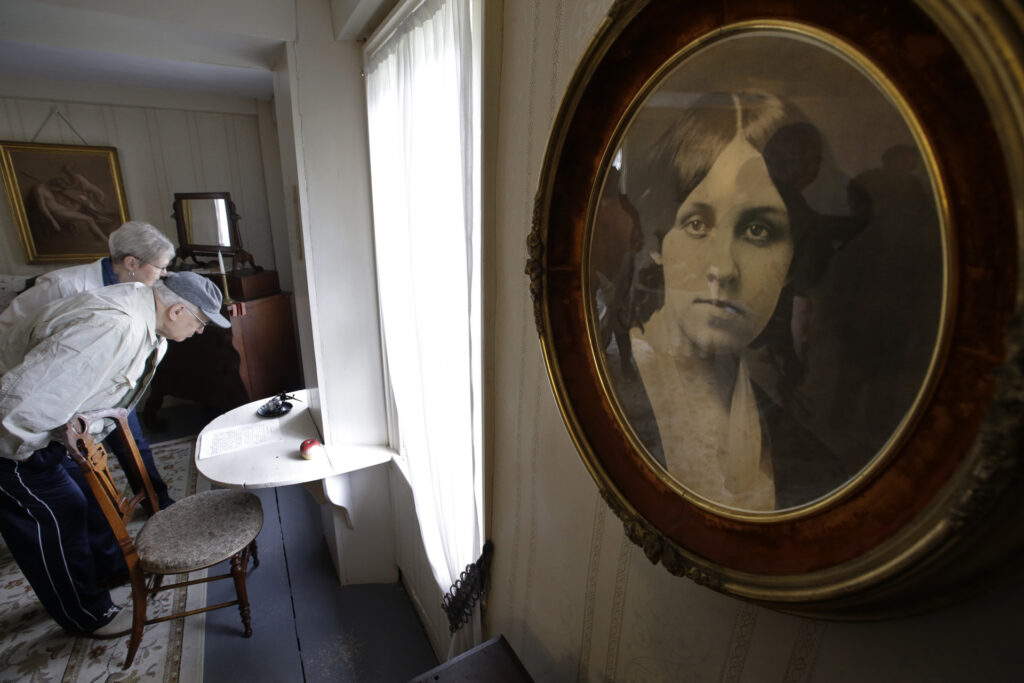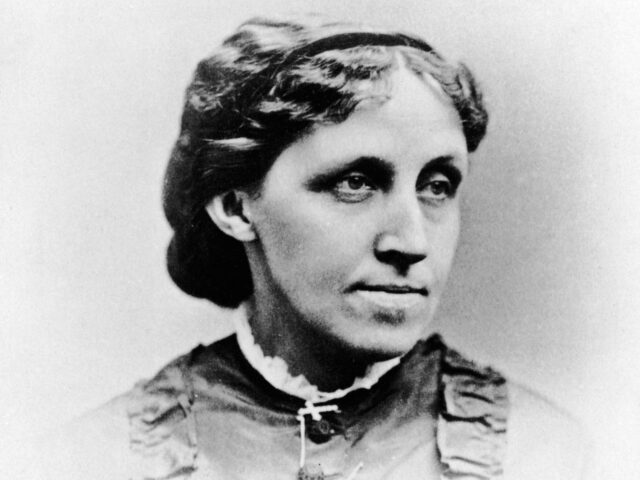Louisa May Alcott, the author of Little Women, may have been transgender, a New York Times (NYT) article claimed, drawing criticism from a political strategist who called it “historical vandalism.”
Titled “Did the Mother of Young Adult Literature Identify as a Man,” the NYT piece claims the famous author may have been non-binary or transgender.
Peyton Thomas, the author of the story, identifies as transgender and claims Alcott might also have even been transgender.
According to the head of the Louisa May Alcott Society, Louisa May Alcott probably did not identify as a woman when she wrote the semi-autobiographical book in 1868.
According to Dr. Gregory Eiselein, who was quoted by the outlet, he’s “certain” the author of the well-known book identified as non-binary and that she never fit “a binary sex-gender model.”
Political writer and strategist Natasha Chart contended in a statement to Breitbart News that it is “historical vandalism to say that past women of achievement, who chafed at being told they couldn’t do anything besides take on a caregiver role in society, are being rewritten as men.”

File/In this May 17, 2018 photo, visitors examine the desk where author Louisa May Alcott sat while writing the book “Little Women” at Orchard House, in Concord, Mass. Since “Little Women” was published, the coming of age book has been translated into over 50 languages. (AP Photo/Steven Senne)
Chart added that “sexist gender activists not only want to falsify their own vital public records, but everyone’s public records.”
She also noted “This is the logical endpoint of saying that a man who likes traditionally feminine things is a woman,” arguing that “if that’s the definition of being a woman then women who don’t feel drawn to those things are at risk of being written out of our own sex category.”
Thomas cites journal entries from Alcott that read “I long to be a man,” and “I was born with a boy’s nature, “a boy’s spirit” and “a boy’s wrath.” Thomas also cites a quote that reads “I am more than half-persuaded that I am a man’s soul, put by some freak of nature into a woman’s body.”
But others assert Alcott may have identified as a lesbian, with the author being quoted as saying “I have fallen in love in my life with so many pretty girls and never once the least bit with any man.”
An article from the Daily Mail asserts “Many have rightly agreed that a woman in that era wanting to be a ‘man’ is more likely them desiring to be taken more seriously in terms of rank, opportunity, and education – rather than a want to change gender.” For example, the book focuses on one character who sets out to make her own money and focus on her career rather than to get married.
Spencer Lindquist is a reporter for Breitbart News. Follow him on Twitter @SpencerLndqst and reach out at slindquist@breitbart.com

COMMENTS
Please let us know if you're having issues with commenting.